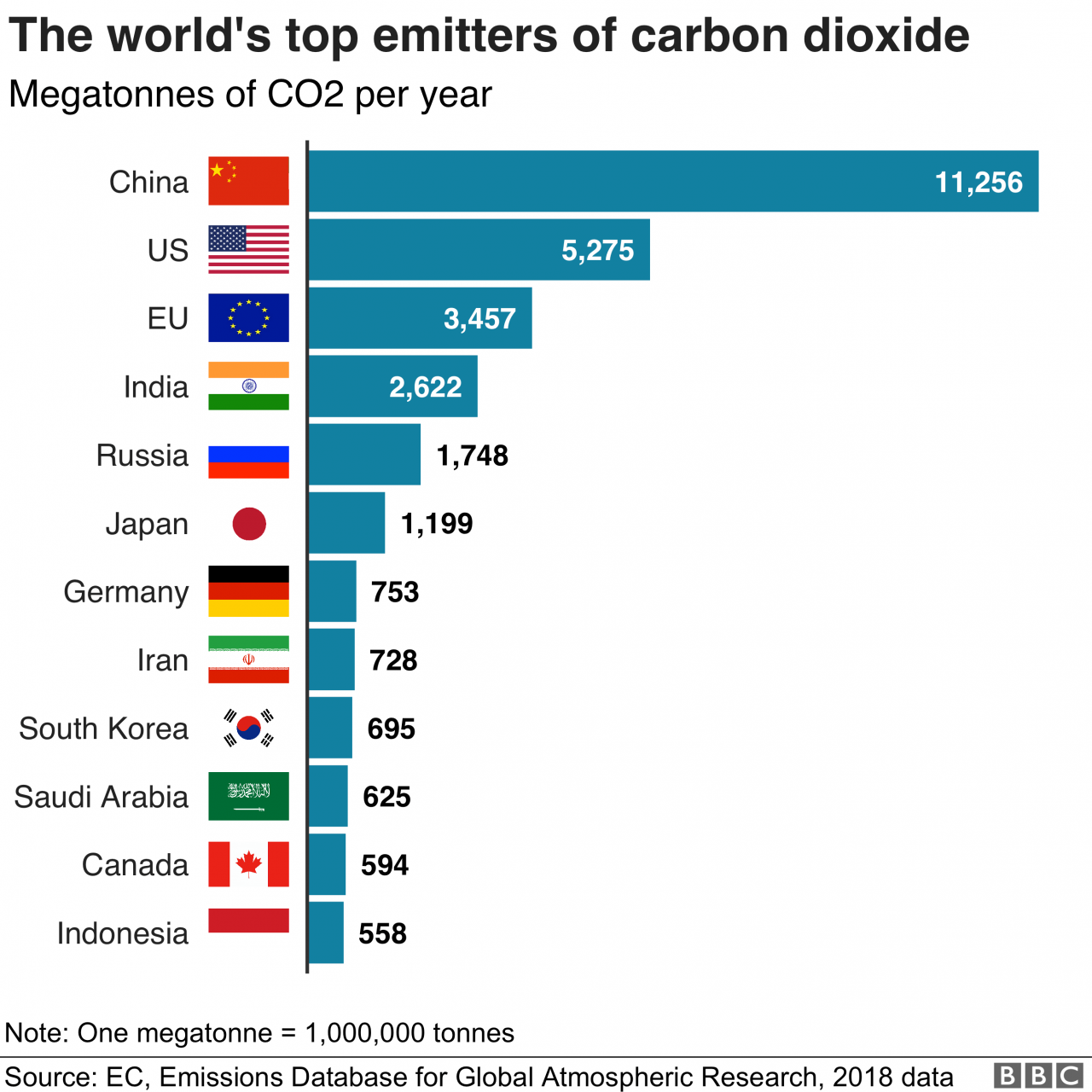
As the world grapples with the pressing issue of climate change, the Climate Change Progress 2024 theme takes center stage. This comprehensive report delves into the current state of our planet, examining the progress made and the challenges that lie ahead in mitigating the impacts of climate change.
With meticulously gathered data and insights, this report provides a clear picture of the global emissions, temperature changes, and sea-level rise that are shaping our planet’s future. It analyzes the impact of climate change on different regions and ecosystems, highlighting the urgent need for action.
Overview of Climate Change Progress in 2024

In 2024, the world continued to face the urgent challenge of climate change. Global greenhouse gas emissions remained elevated, contributing to a further rise in global temperatures and sea levels.
According to the latest scientific assessments, global average temperatures had increased by approximately 1.2 degrees Celsius above pre-industrial levels. This warming trend was accompanied by an increase in extreme weather events, including heatwaves, droughts, floods, and wildfires.
The impacts of climate change were felt around the world, with vulnerable communities and ecosystems being disproportionately affected. Coastal areas faced rising sea levels, threatening infrastructure and livelihoods. In many regions, agricultural yields were declining due to changes in temperature and precipitation patterns.
Key Milestones and Achievements
Despite the ongoing challenges, significant progress was made in 2024 towards mitigating climate change and adapting to its impacts.
- Renewable energy sources, such as solar and wind power, continued to grow rapidly, accounting for an increasing share of global energy production.
- Several countries implemented carbon pricing mechanisms, putting a price on carbon emissions to incentivize reductions.
- Investments in climate-resilient infrastructure, such as flood defenses and early warning systems, increased.
Challenges and Obstacles, Climate change progress 2024 theme
While progress was made, several challenges and obstacles remained in the fight against climate change.
- Political and economic barriers hindered the implementation of ambitious climate policies in some countries.
- The transition to a low-carbon economy required significant investments and technological innovation.
- Public awareness and engagement on climate change remained uneven, with some segments of society still skeptical about its urgency.
Future Projections and Outlook
Scientific models projected that global temperatures would continue to rise in the coming decades, with the magnitude of warming depending on the level of future greenhouse gas emissions.
Under a high-emissions scenario, global temperatures could increase by up to 4 degrees Celsius by the end of the century. This would lead to catastrophic impacts, including sea-level rise, extreme weather events, and widespread ecosystem disruption.
However, under a low-emissions scenario, where greenhouse gas emissions were significantly reduced, global temperatures could be stabilized at around 2 degrees Celsius above pre-industrial levels. This would require rapid and ambitious action to reduce emissions.
Role of Technology and Innovation
Technology and innovation played a crucial role in driving climate change progress.
- Renewable energy technologies, such as solar panels and wind turbines, continued to become more efficient and affordable.
- Carbon capture and storage technologies offered potential solutions for reducing emissions from industrial processes.
- Artificial intelligence and machine learning were being used to improve climate models and predict extreme weather events.
Public Engagement and Education
Public engagement and education were essential for promoting climate action.
- Media and social media campaigns raised awareness about climate change and its impacts.
- Educational programs in schools and universities taught students about climate science and solutions.
- Citizen science initiatives engaged the public in collecting and sharing data on climate change.
International Cooperation and Collaboration
International cooperation and collaboration were vital for addressing climate change effectively.
- The Paris Agreement, a global agreement to limit global warming to well below 2 degrees Celsius, continued to be implemented.
- International organizations, such as the United Nations Framework Convention on Climate Change (UNFCCC), facilitated negotiations and provided technical support.
- Partnerships between countries, cities, and businesses shared best practices and accelerated climate action.
Final Conclusion

The Climate Change Progress 2024 theme serves as a wake-up call, urging governments, organizations, and individuals alike to come together and address the challenges of climate change head-on. By embracing innovative solutions, fostering international cooperation, and empowering public engagement, we can create a more sustainable future for generations to come.
Frequently Asked Questions: Climate Change Progress 2024 Theme
What are the key milestones reached in 2024 in terms of climate change mitigation and adaptation?
In 2024, several significant milestones were achieved, including the adoption of ambitious emissions reduction targets by major economies, the deployment of large-scale renewable energy projects, and the implementation of innovative adaptation strategies in vulnerable communities.
What are the challenges and obstacles that hinder further progress on climate change?
Despite the progress made, several challenges and obstacles continue to hinder further progress on climate change. These include political inertia, economic constraints, and social resistance to change. Additionally, the lack of international cooperation and coordination remains a significant barrier.
What is the role of technology and innovation in driving climate change progress?
Technology and innovation play a crucial role in driving climate change progress. Emerging technologies, such as carbon capture and storage, renewable energy sources, and energy-efficient solutions, offer promising pathways to reduce emissions and adapt to climate impacts.





